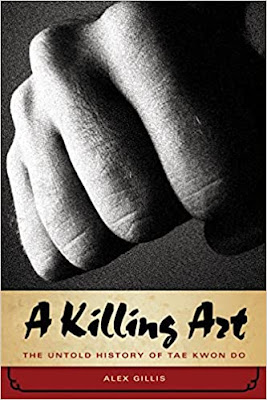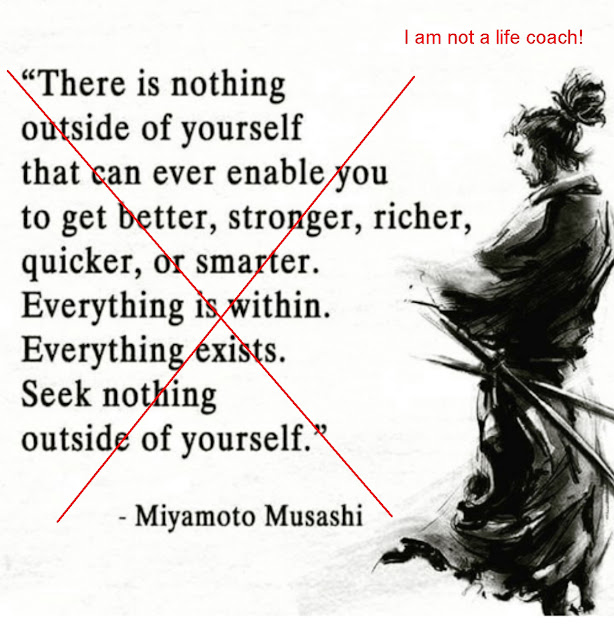Coming to Grips with the True History of Taekwondo
 |
| A Killing Art, Alex Gillis, 2008 |
Introduction
When I read Alex Gillis' breakthrough work A Killing Art in 2016, I was surprised, like most anyone who had practiced Taekwondo for any period of time. My own experience was brief, less than a year in the 1990s while attending Air Force intelligence officer school in San Angelo, Texas. As part of an International Taekwondo Federation (ITF) school, I had heard the standard story that General Choi codified TKD into a coherent system, drawing on heritage that stretched thousands of years into the mists of Korea's distant pass.Dispelling the Fog
A Killing Art dispelled that fog, showing that TKD, like most martial arts currently practiced and claiming thousands of years of history, is an "invented tradition," to use the term coined by researchers Eric Hobsbawm and Terence Ranger in their 1983 book The Invention of Tradition. At the time I read Gillis' book, I was not aware that forces were in play that indicated at least some in the TKD community were coming to grips with the reality of their art's true history.If I could suggest one resource that I found exceptionally useful to understanding the state of play, it would be Udo Moenig's 2019 article The Japanese and Korean Martial Arts: In Search of a Philosophical Framework Compatible to History. A free copy is available at Academia.edu, along with many other fine articles by Dr Moenig on TKD history. Dr Moenig is also the author of an entire book on the subject of TKD history, but it's fairly pricey unless you want to rent the Kindle edition.
Enter the IACTKD
What gives me hope about the TKD community accepting the truth of their history was Dr Moenig's mention of an organization called the International Academic Community for Taekwondo. They hosted a conference in 2016 dedicated to the topic of TKD history and featured many prominent Korean and Western speakers who rejected the popular narrative in favor of the facts, as noted in a copy of the conference booklet posted online. I could not find any conference proceedings for 2016, but excerpts from the booklet are illuminating:Dr Steven Capener wrote in part:
"This presentation discusses the implications of that assertion in the context of the nationalist project to invent a tradition for Taekwondo. This presentation postulates that such myth-making is possible even in the face of strong empirical evidence to the contrary due to an anti-intellectual and anti-empirical nationalism that operates in the production/suppression of knowledge, especially in regard to issues that involve Korea’s complicated historical relation with Japan."
Dr Udo Moenig wrote in part:
"[M]any of the supposedly traditional and ancient cultural elements attached to East Asian martial arts are in fact remnants of East Asia’s modernization drive during the beginning of the 20th century."
Dr Hyeong-seok Song wrote in part:
"The traditionalist viewpoint explains that Taekwondo is one of the traditional Korean martial arts inherited from the Three Kingdoms period (samkuk sitae/三國時代), which transcended to the present day through usage of various names, such as subak (手搏), kwŏnbŏp (拳法), and t’aekkyŏn.
The realist viewpoint explains that Taekwondo is one of the Korean modern martial arts that originated from Karate and was introduced by Korean students from Japan when they returned to Korea after independence from Japanese colonial occupation...
I reject the first argument that the concept of Taekwondo can be used as a general term for Korean
weaponless martial arts, because the concept is a proper noun.
Moreover, I argue that t’aekkyŏn and Taekwondo have similar structures regarding technical skills since both are kicking centered arts. However, this resemblance is not from a historical and technical relationship between them, but from an accidental result of the sportization process of Taekwondo.
Finally, I will argue that Taekwondo was greatly influenced by Japanese Karate and was only slightly shaped by Chinese weaponless martial arts."
Finally, Dr George Vitale wrote in part:
"Adhering to the fabricated idea that Taekwon-Do is in excess of 2,000 years old harms Taekwon-Do, hurts efforts at uniting the various styles, and disrespectfully ignores the contributions of the many deserving individuals who gave the gift of Taekwon-Do to the world."
Conclusion
The IACTKD survived its 2016 conference, but had to cancel it 2020 event due to Covid19. History was the topic of 2016, and others have since taken front stage. However, I am encouraged that openly discussing so sensitive a topic did not kill the IACTKD. It's a sign that some in the TKD community are serious about moving on from their invented tradition. Whether that attitude reaches the thousands of dojangs around the world is another story.If you like this article, check out our Facebook page, Instagram account, and Twitter feed. Be devoted!



Comments
Post a Comment